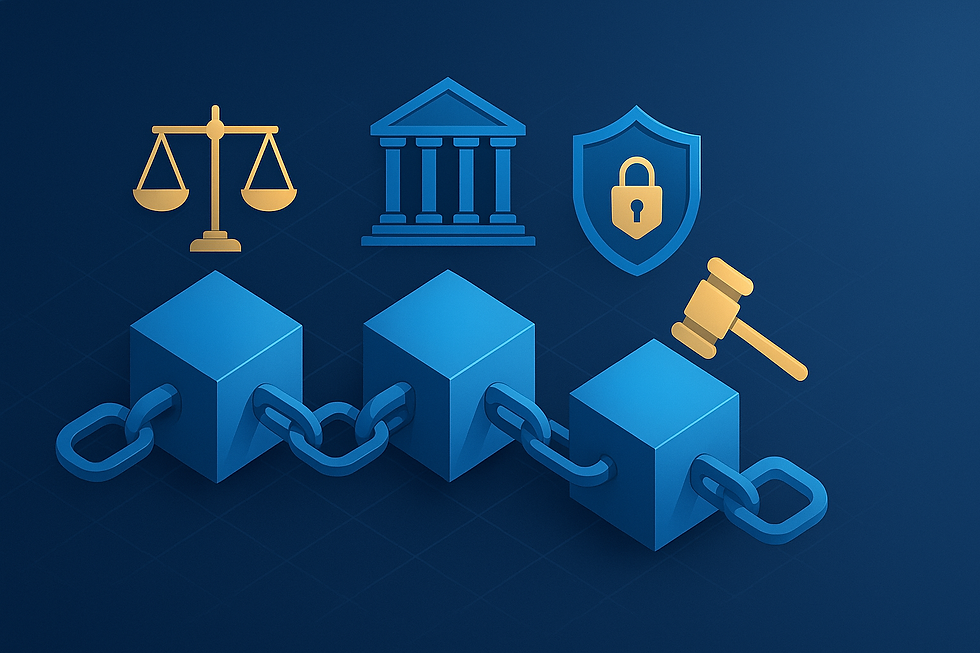Executive Process in Panama: A Clear Guide to Effective Debt Collection
- Jean Carlo A. Núñez A.

- Sep 5, 2025
- 2 min read
The enforcement process is the fastest and most effective legal means of debt collection in Panama. It is based on an enforceable title , that is, a liquid, enforceable, and overdue obligation . This procedure allows for obtaining a payment order and seizure measures from the start of the trial, ensuring that the creditor can recover their money more quickly.
What is the Executive Process?
Unlike a declaratory proceeding—where the existence of an obligation is first discussed—in an executive proceeding, the debt is presumed because it is already backed by a valid title. The objective is clear: to seize the debtor's assets to satisfy the debt.
Requirements for the executive title:
Liquidity : the amount must be determined or easily calculable.
Enforceability : the obligation can be enforced judicially.
Expired term : the term for payment has already passed and the debtor has not complied.
Documents that Serve as Executive Title
Some of the most common are:
Promissory notes, bills of exchange and checks.
Public deeds or contracts with recognition of signatures.
Final judgments and arbitration awards.
Invoices accepted.
Loan contracts with mortgage or pledge guarantee.
Types of Executive Processes in Panama
Singular Executive : it is directed against the debtor's assets in general.
Mortgage Foreclosure : directly seeks the auction of the mortgaged property.
Executive Pledge : focuses on movable property given as collateral (vehicles, merchandise, equipment).
Enforcement by Coercive Collection : Used primarily by the State and public entities to collect taxes, fees, contributions, or other fiscal debts. It is processed under special rules, and in many cases, the administrative authority itself (such as the General Directorate of Revenue or the Social Security Fund) has the authority to directly execute seizures and auctions without having to first resort to a regular judge.
Phases of the Executive Process
Filing of the lawsuit with the executive title and settlement of the debt.
Payment order and seizure decreed by the judge from the beginning.
Debtor's exceptions , which can only be based on specific causes such as payment, prescription or nullity of the title.
Judgment ordering payment, if the exceptions are unsuccessful.
Auction or award of seized assets until the debt is covered.
Strategies for Effective Collection
Choose the correct path (mortgage, pledge or coercive when appropriate).
Request seizures on assets that are quickly realized (accounts, vehicles).
Prepare a detailed and transparent statement of principal and interest.
Ensure the formal validity of the title before filing a claim.
Using embargo pressure as a tool to achieve payment agreements.
Common Mistakes
Suing with documents that do not meet the requirements of an executive title.
Include unagreed charges in the settlement.
Seizing hard-to-sell assets without a strategy.
Neglecting notifications and procedural requirements.
Conclusion
Foreclosure proceedings are a powerful tool for debt recovery in Panama, provided they are used correctly and with a well-thought-out strategy. With a solid title, effective liens, and accurate settlement, it's possible to expedite collection and minimize court delays .
At Aequitas Estudio Jurídico, we help you design and execute the best strategy to collect what you're owed.



Comments